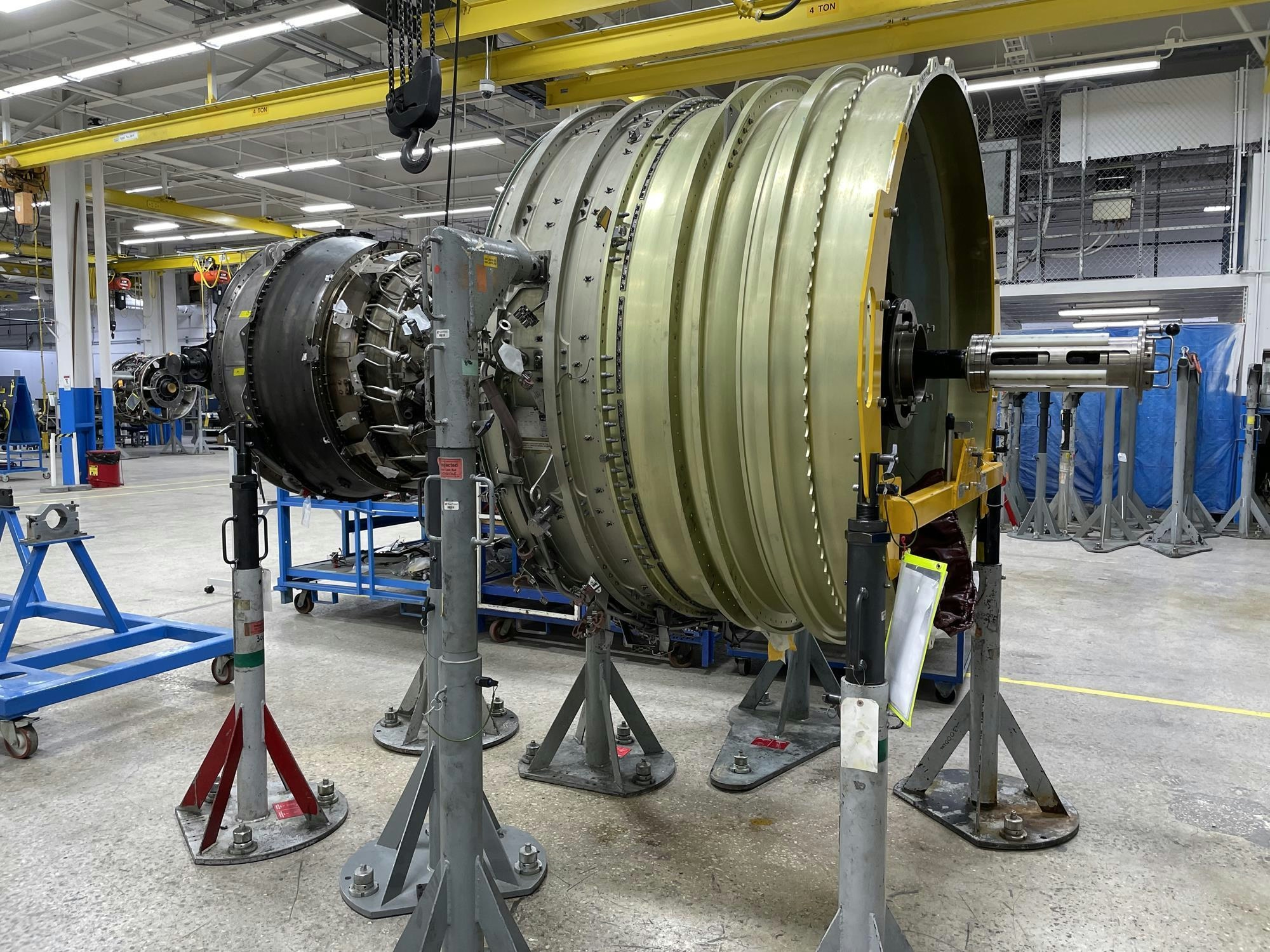
AeroGenie — Uw intelligente copiloot.
Trending
Categories
Dubai Airshow: Gulf airlines place large orders, but what do they want in return?
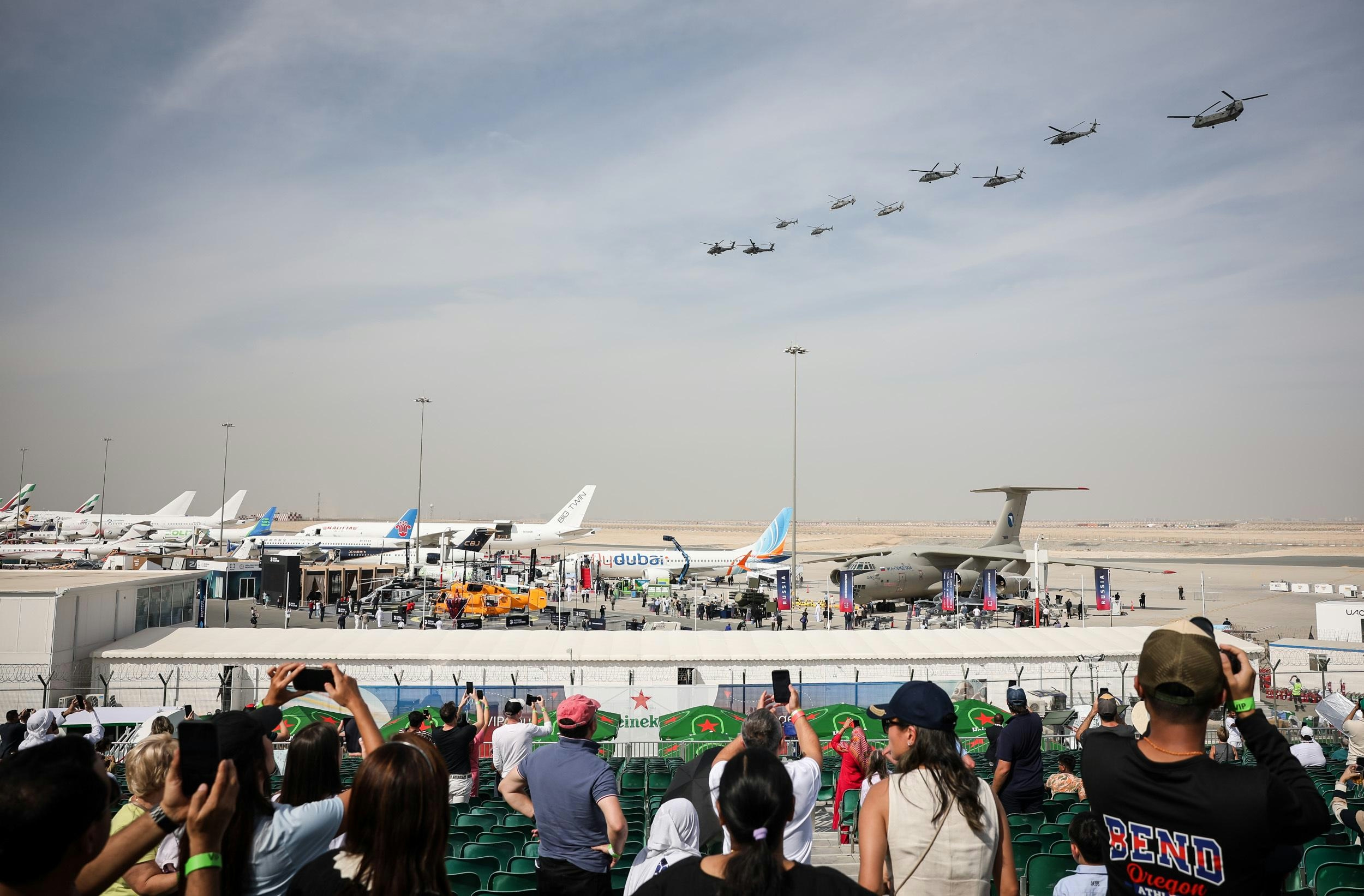
Dubai Airshow: Gulf Airlines Leverage Mega Orders to Shape Aviation’s Future
The conclusion of the Dubai Airshow has underscored a significant transformation in the role of Gulf airlines within the global aerospace industry. No longer content to be mere consumers, these carriers are emerging as influential industrial players, leveraging their substantial purchasing power to actively shape the future of aircraft design and manufacturing. This year’s event revealed a clear shift in dynamics, with regional airlines using their orders not only to expand their fleets but also to influence the strategic direction of major aircraft manufacturers.
Emirates and the Boeing Partnership: Redefining Industry Collaboration
Emirates dominated headlines on the opening day by placing an order for an additional 65 Boeing 777-9 jets, reaffirming its position as the world’s largest buyer of wide-body aircraft. In response, Boeing agreed to undertake a feasibility study for a larger 777-10 variant, specifically tailored to meet Emirates’ operational requirements and growth ambitions. This development highlights how Gulf carriers are now dictating terms, pushing manufacturers to move beyond standard offerings and collaborate on bespoke solutions aligned with their long-term visions.
Dean Mikkelsen, an independent aviation and security analyst, described the event as a “definitive paradigm shift,” noting that the relationship between airlines and manufacturers has evolved from a transactional “shopping mall” mentality into a complex strategic engagement. Gulf carriers are no longer simply securing inventory; they are actively shaping the industrial trajectory of original equipment manufacturers.
Emirates’ influence is particularly evident in the wide-body segment. The airline’s president, Tim Clark, has been instrumental in guiding the Boeing 777X program from its inception. With a total of 270 777X aircraft on order, Emirates functions not just as a customer but as a “kingmaker,” co-designing aircraft to accommodate the high-capacity demands of its Dubai hub and future expansion plans at Al Maktoum International Airport. This strategic role reinforces the region’s “mega-hub” approach as a dominant force driving innovation in wide-body aircraft.
Diversification and Strategic Positioning Among Gulf Carriers
Other Gulf airlines are also making calculated moves to diversify their fleets and strengthen their market positions. Flydubai is preparing to place a substantial order for Airbus A321neo jets, signaling a shift away from Boeing’s traditional dominance in the region’s narrow-body segment. Meanwhile, Etihad Airways has committed to acquiring Airbus A330-900neo and additional A350-1000 aircraft, with deliveries scheduled to begin in 2027. These procurement decisions reflect a broader strategy among Gulf carriers to diversify suppliers and mitigate risks amid ongoing global supply chain uncertainties.
The maturation of the Gulf aviation sector marks the end of passive procurement practices. Airlines are increasingly demanding deeper industrial participation and customized solutions, compelling manufacturers to align their development and production strategies with the ambitious, long-term goals of the region. In this evolving landscape, the manufacturers that respond effectively to the Gulf’s strategic demands will play a pivotal role in shaping the future of global aviation.
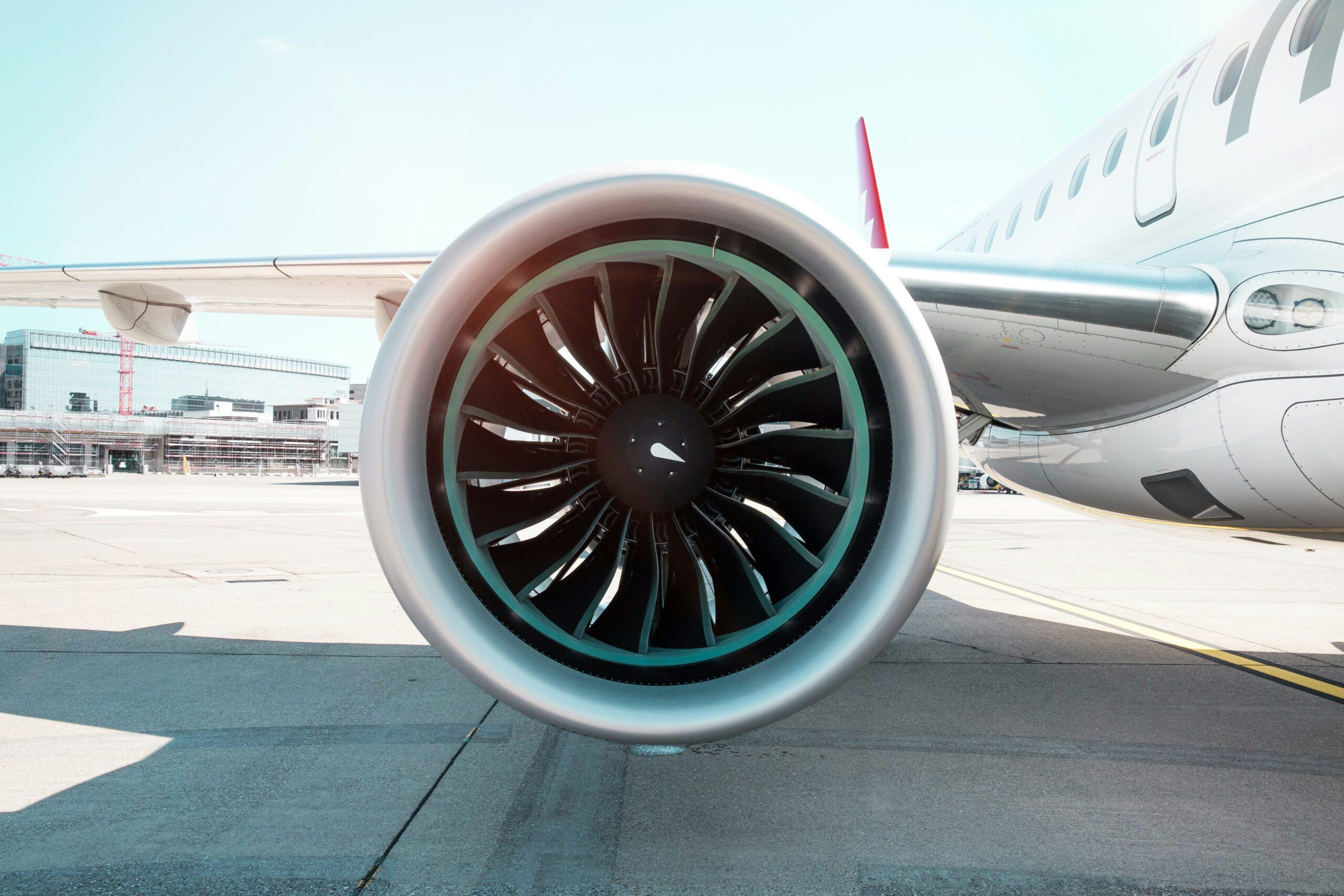
Leading Companies in Aviation Artificial Intelligence: Airbus, Amazon, Lockheed Martin, Tata Power, Thales
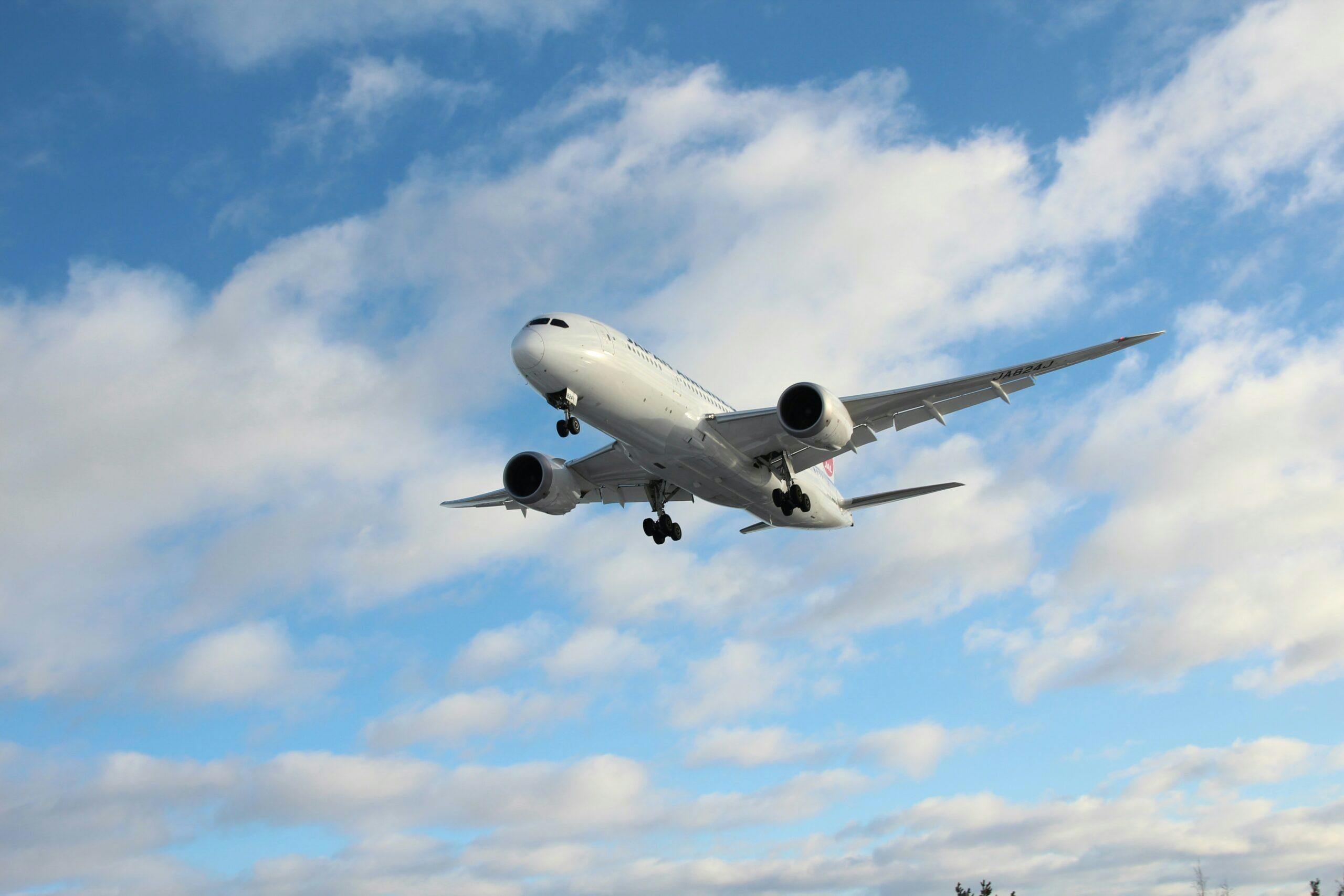
Warburg Pincus Acquires Hong Kong-Based Topcast Aviation Supplies

GE Aerospace Expands North Carolina Facility with $53 Million Investment to Address Supply Chain Issues
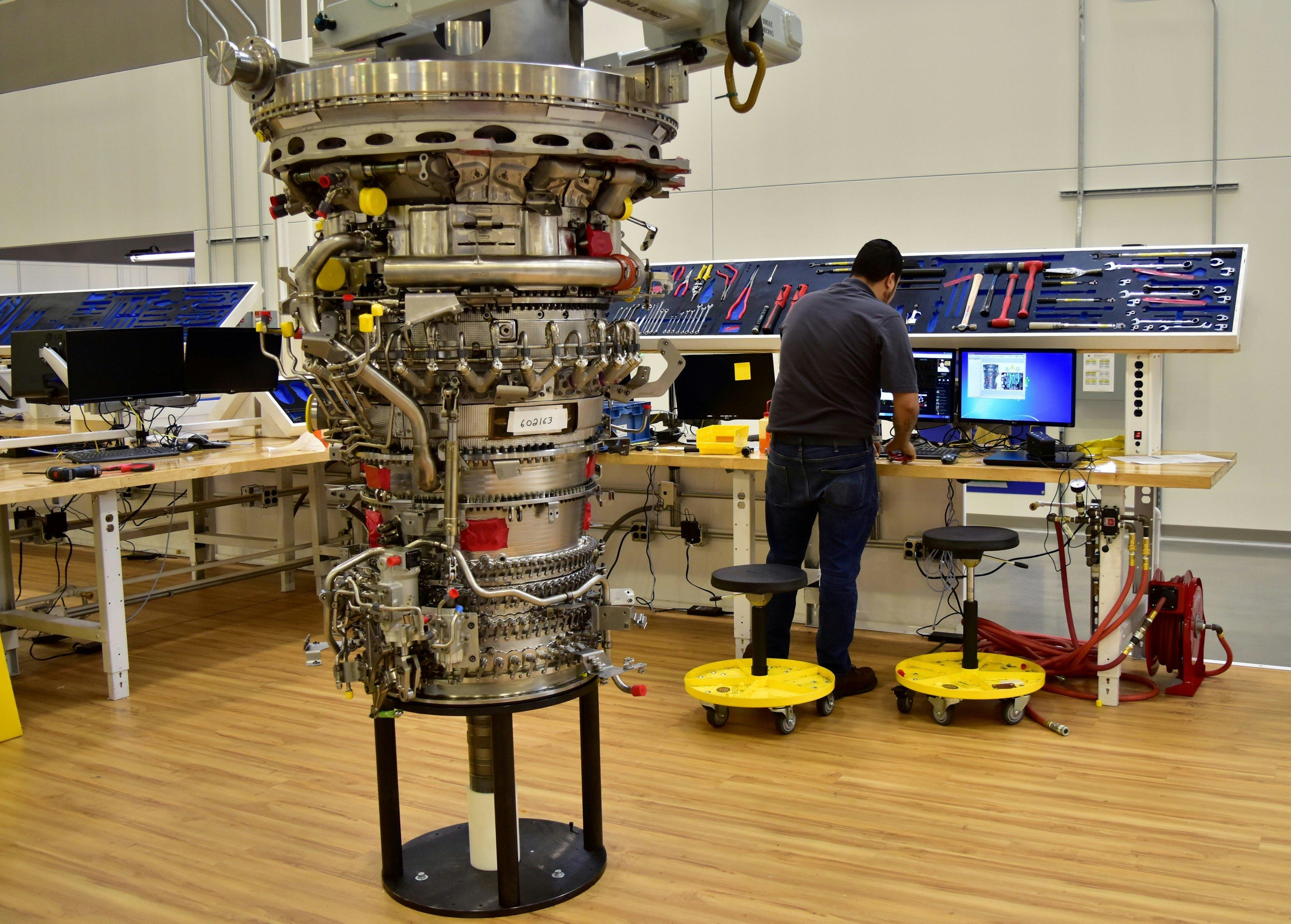
Manufacturer of China’s C919 Secures Capital Injection Amid Supply Chain Issues

Africa’s Aviation Sector Adopts AI Amid Challenges

FTAI Aviation Shares Rise 6.3% Following AI Partnership with Palantir

Airports Innovate 2025 Shapes the Future of Aviation

How Volcanic Ash Disrupts Aircraft Engines

Ethiopia Volcanic Ash Plume Poses Risk to Aviation, DGCA Issues Warning
